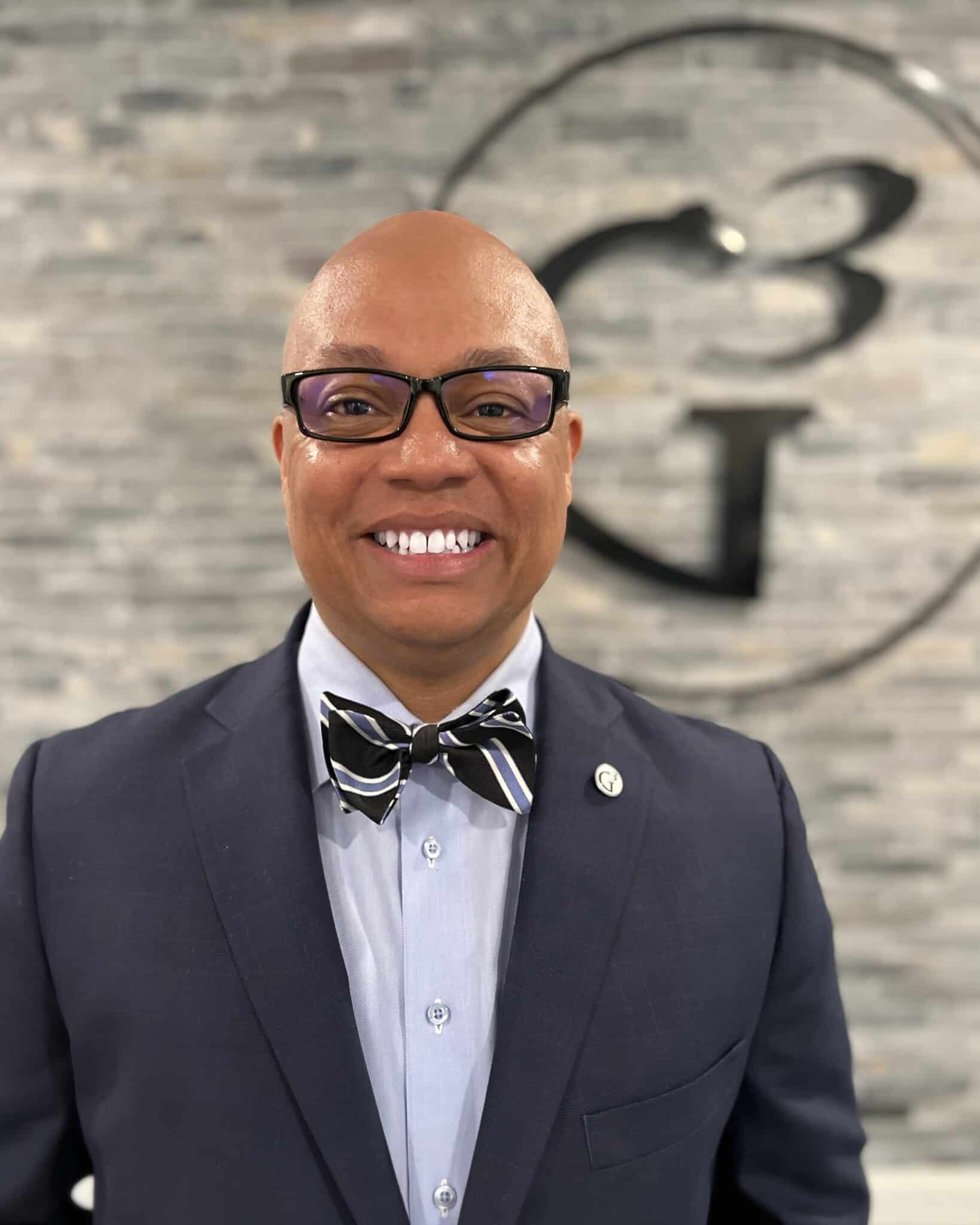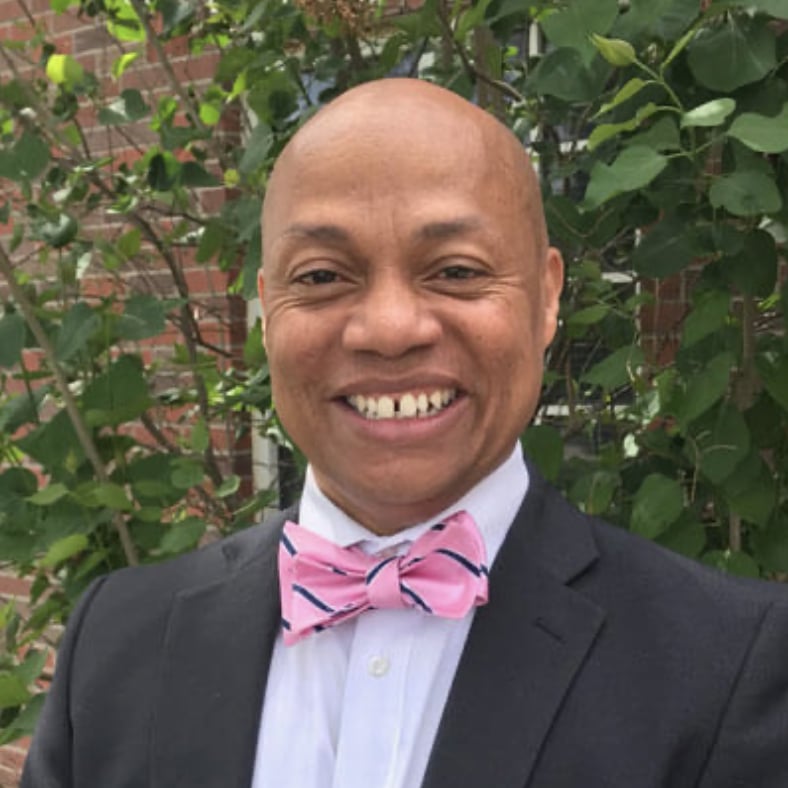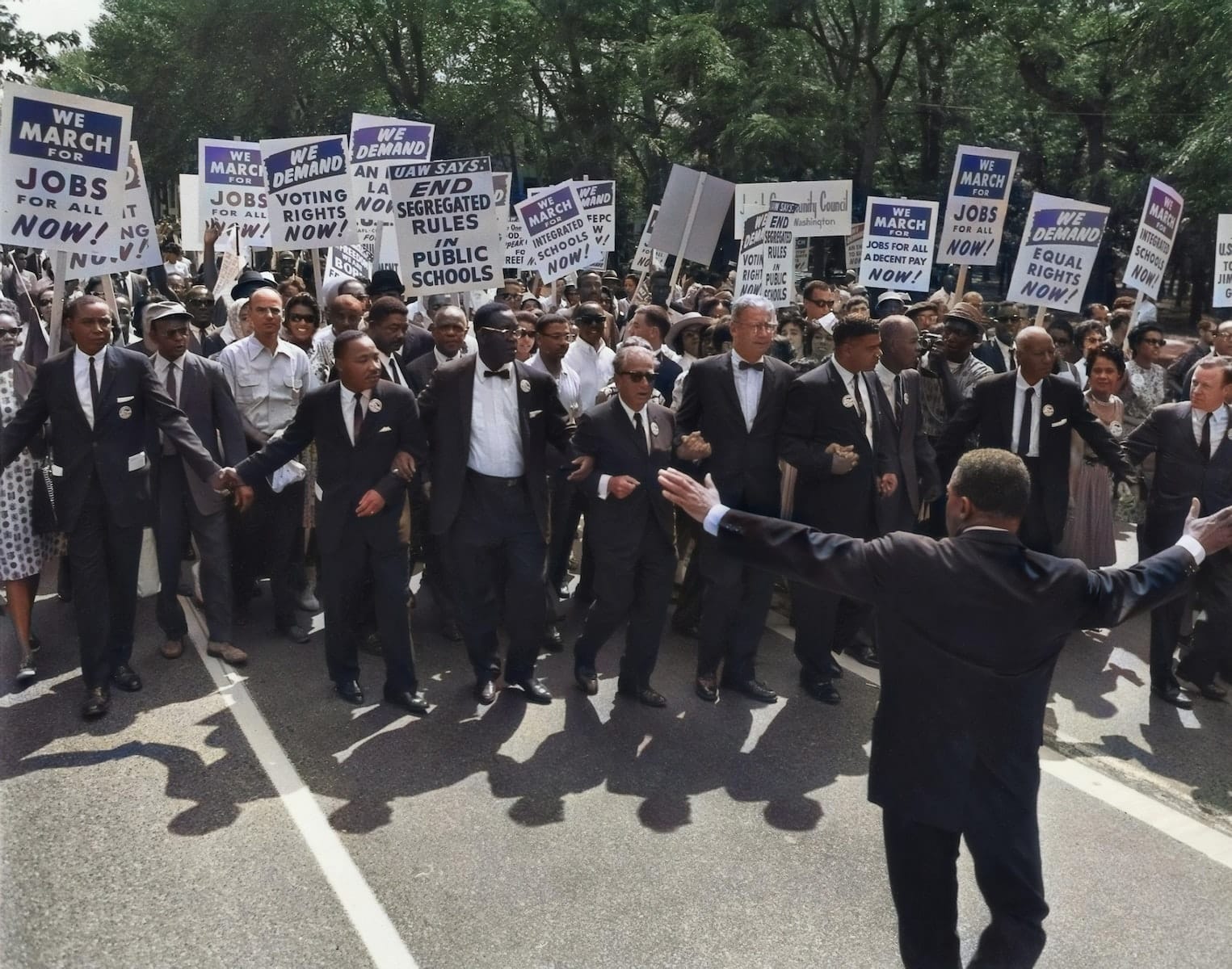All of the arguments leading up to Obergefell v. Hodges—the case that concluded that same-sex couples could marry—were founded on the idea that same-sex couples deserved equal rights and the benefits of marriage. However, the supporters of same-sex marriage were not advocating for equal rights; every citizen already had the same right as anyone else to marry a person of the opposite sex. The advocates for same-sex marriage were asking for special rights—the freedom to apply the definition of marriage and its benefits to their new meaning.
In his dissent to the ruling of the Court, Justice Clarence Thomas wrote,
Since well before 1787, liberty has been understood as freedom from government action, not entitlement to government benefits. The Framers created our Constitution to preserve that understanding of liberty. Yet the majority invokes our Constitution in the name of a “liberty” that the Framers would not have recognized, to the detriment of the liberty they sought to protect. Along the way, it rejects the idea—captured in our Declaration of Independence—that human dignity is innate and suggests instead that it comes from the government.
Justice Thomas highlights the importance of the idea that human dignity is inherent, implying that our Creator has provided us with certain inalienable rights. However, this new civil rights movement suggests that the government, not God, is responsible for providing these rights. Therefore, the government is obligated to enforce them by whatever means necessary.
This new civil rights movement stands on the shoulders of its forefather, the old civil rights movement. It now includes advocacy for transitioning children with gender dysphoria through gender-affirming care, drag queen story hours in elementary schools, and the promotion of various ever-changing LGBTQIA+ activities.
Author, activist, and historian of LGBTQ politics Eric Cervini writes, “Every single element of what we know as Pride and gay rights … was borrowed from the Black Freedom Movement.”
To the dismay of some blacks, proponents of LGBTQIA+ rights have adopted the civil rights movement as a model for their forward-moving agenda. Nevertheless, many civil rights activists from Dr. Martin Luther King Jr.’s period viewed the two civil rights campaigns (old and new) as interconnected. In 1985, Andrew Young, who marched with Dr. King, proclaimed Atlanta’s first Pride Week. In numerous interviews, Rev. Jesse Jackson likened the fight for same-sex marriage as equivalent to the battle for civil rights. Congressman John Lewis, who fought alongside King, was an early proponent of same-sex marriage. In a Boston Globe editorial, Lewis wrote, “I’ve heard the reasons for opposing civil marriage for same-sex couples. Cut through the distractions, and they stink of the same fear, hatred, and intolerance I have known in racism and bigotry.”
So, when you celebrate Martin Luther King Day, you are also honoring same-sex marriage, gender-neutral pronouns, and so-called “gender-affirming care” for young girls. This, too, is the legacy of the movement.
Do the civil rights movement and Martin Luther King Jr.’s legacy include support for issues like the Respect for Marriage Act and gender-affirming care? Are these modern challenges distant from Martin Luther King Jr.’s Judeo-Christian worldview? Are the beliefs of those who run for office today in King’s name at odds with his gospel? Finally, how were the methods of King’s movement used to bring about such rapid success for the LGBTQIA+ agenda?
To answer the previous questions, we must examine the theology, ideology, and methodology of Martin Luther King Jr.
This article is the second in a four-part series examining the civil rights movement and its impact on the black community. The first installment was a historical review of the civil rights movement. Here, we will closely examine Dr. Martin Luther King Jr., the civil rights movement leader.
The Denial of Christ’s Deity, the Virgin Birth, and The Resurrection
Martin Luther King Jr. was born Michael King Jr. to Michael and Alberta King on January 15, 1929, in Atlanta, Georgia. King Sr. would later change his and his son’s names to Martin Luther after a trip that included a visit to the historic sites of the reformers in 1934.
After graduating from Morehouse College at age 19, Martin completed his studies and entered the seminary, following in his father’s footsteps. During his time at Crozer Theological Seminary and Boston University, King began his doctoral studies in systematic theology and embraced liberal theology, espousing several heterodox positions on Christianity.
In his paper on the Humanity and Divinity of Jesus, King wrote,
The orthodox attempt to explain the divinity of Jesus in terms of an inherent metaphysical substance within him seems to me quite inadequate. To say that Christ … is divine in an ontological sense is actually harmful and detrimental… So that the orthodox view of the divinity of Christ is in my mind quite readily denied.
The core of the Christian faith is the divinity of Christ. One falls outside of orthodoxy if one disagrees with this fundamental doctrine. Since King denied the deity of Christ, it makes sense that he would also deny the resurrection.
As it pertains to the bodily resurrection of Christ, King writes,
This doctrine (the resurrection), upon which the Easter faith rests, symbolizes the ultimate Christian conviction: that Christ conquered death. From a literary, historical, and philosophical point of view, this doctrine raises many questions. In fact, the external evidence for the authenticity of this doctrine is found wanting.
King did not believe in the deity of Christ or that he rose from the dead. In addition, he also rejected the doctrines of virgin birth, the second coming of Christ, and the existence of a literal hell.
One has to wonder how King viewed the admonition of the apostle Paul when, in writing to the church at Corinth, Paul writes,
Now, if Christ is proclaimed as raised from the dead, how can some of you say that there is no resurrection of the dead? But if there is no resurrection of the dead, then not even Christ has been raised. And if Christ has not been raised, then our preaching is in vain and your faith is in vain .
1 Corinthians 15:12–14
With so few of King’s beliefs reflecting orthodox Christian faith, how did he become a preacher in the black church?
Booker T. Washington, a former slave who became an author, teacher, and influential figure, saw a pattern worth noting in the black community after the days of slavery. Washington observed that the first blacks to be educated would become teachers or preachers. Washington said that there were honest, hardworking, and religious people in every job. However, some individuals who turned to preaching for a living didn’t always fit those categories. In his autobiography, Up from Slavery, Washington wrote,
The ministry was the profession that suffered most—and still suffers, though there has been great improvement—on account of not only ignorant but in many cases immoral men who claimed that they were “called to preach.” In the earlier days of freedom, almost every coloured man who learned to read would receive “a call to preach” within a few days after he began reading.
This is not to say that Martin Luther King Jr. entered the preaching ministry to profit himself financially. Those who followed King, such as Jesse Jackson and Al Sharpton, would use King’s legacy for that goal. It is easy, however, to see how King, a man of gifted oratory skill who sought to advance a cause within the black community, saw the pulpit as a place to do so while avoiding Christianity’s most fundamental orthodox teachings.
What is clear is that Martin Luther King Jr., based solely on his rejection of Christ’s deity, was not a Christian. The question that one should ask is, “What did King believe?” Answering the previous question requires examining King’s ideological framework for advancing civil rights.
The Social Gospel
In a letter to his future wife, Coretta Scott King, Martin explained the gospel he intended to preach to the world when he wrote,
Let us continue to hope, work, and pray that in the future we will live to see a warless world, a better distribution of wealth, and a brotherhood that transcends race or color. This is the gospel that I will preach to the world
Of note is that King’s gospel is not the gospel preached by the Apostle Paul in his letter to the church at Corinth, where he writes,
For I delivered to you as of first importance what I also received: that Christ died for our sins in accordance with the Scriptures, that he was buried, that he was raised on the third day in accordance with the Scriptures .
(1 Corinthians 15:3–4)
There is no mention of the life, death, burial, and resurrection of Jesus Christ for the forgiveness of sins. What’s the reason for this omission? The social gospel of Walter Rauschenbusch influenced King, and it was this “gospel” that he used in his work for civil rights.
Walter Rauschenbusch was a German-American pastor in Hell’s Kitchen, New York, during the late nineteenth and early twentieth centuries. He witnessed the difficulties of immigrants, the poor, and people of color and thought these people needed a “gospel” or “theology” that would save them from their current temporal problems. Known as the “father of the social gospel,” Rauschenbusch posited that Jesus came not simply to save sinners but to save society, and that any gospel that saved sinners apart from society was not a gospel at all.
In his book Christianity and Social Crisis, Rauschebusch writes, “In a few years, all our restless and angry hearts will be quiet in death, but those who come after us will live in the world which our sins have blighted or which our love of right has redeemed.”
Rauschenbusch thought that his changes to the gospel would have an impact on society for a long time. And King was indeed smitten by this gospel writing:
I spent a great deal of time reading the works of the great social philosophers. I came early to Walter Rauschenbusch’s Christianity and the Social Crisis, which left an indelible imprint on my thinking by giving me a theological basis for the social concern which had already grown up in me as a result of my early experiences.
King was influenced by the ideas of men of many religions, like the Hindu Mahatma Gandhi and the Zen Buddhist monk Thich Nhat Hanh. However, none of these men was more influential in shaping King’s ideas than Walter Raushchenbusch.
The Methods of a Movement
The Montgomery Bus Boycott of 1955 began the civil rights movement. While Rosa Parks took her place in the annals of history, she was not the first to refuse to abide by the segregation of Jim Crow laws in the South. In fact, nine months earlier, Claudette Colvin, a fifteen-year-old student, was arrested for refusing to move to the back of the bus and give up her seat to a white person. Claudette was arrested and taken to jail.
According to Colvin, black organizations like the NAACP did not support her as they felt she was too young and didn’t fit the profile of someone considered middle-class and socially acceptable. Colvin was ostracized from the community as it was later learned that she was pregnant out of wedlock at 15.
However, Colvin’s story is essential, as her case was pressed in court. Her name, not Parks’, is listed as one of the four people suing in the Browder v. Gayle case, which led to the Supreme Court’s decision to end segregation on the buses. Heroic stories of bravery, like those of a young Claudette Colvin, are remarkable. But the plans for civil rights were much bigger than just getting rid of the harsh Jim Crow laws. Unlike civil rights legislation, the Browder v. Gayle case was a test of the Constitution, which held. This test of the Constitution showed how our system of government should work. In contrast, the Civil Rights Act of 1964 would lead to a second constitution meant to bring about equity (outcomes) rather than equality.
In his book, The Age of Entitlement: America Since the Sixties, author and journalist Christopher Caldwell writes,
Civil rights, at their core, were not just a major new element in the Constitution. They were a rival constitution, with which the original one was frequently incompatible…and would worsen as the civil rights regime was built out. Much of what we have called “polarization” or “incivility” in recent years is something more grave—it is the disagreement over which of the two constitutions shall prevail: the de jure constitution of 1788, with all the traditional forms of jurisprudential legitimacy and centuries of American culture behind it; or the de facto constitution of 1964, which lacks this traditional kind of legitimacy but commands the near-unanimous endorsement.
In Caldwell’s book, you can learn more about how the civil rights movement worked. Had the focus of civil rights stayed on integration and desegregation, more Americans would have joined the cause. Before the Civil Rights Act of 1964 was passed, the Constitution finally ended Jim Crow in the courts. Equality was obtained. However, much more was established with the passage of the Civil Rights Act.
In addition to enforcing constitutional amendments for equal protection, the Civil Rights Act of 1964 went further to establish the Civil Rights Commission (Title V), scrutiny for companies that received government funds (Title VI), hiring practices for companies with more than 15 employees (Affirmative Action), the Equal Employment Opportunity Commission (EEOC), and more. All of this was done to establish much more than equality. Instead of equality, civil rights organizations contributed to the ongoing effort to achieve equity in outcomes for minorities, and this is what we are battling today.
Whether it’s the Black Lives Matter Movement or those advocating for the equal rights of the LGBTQIA+ community, all are seeking “equal justice.” However, equality of treatment is not what’s desired. These groups are using the methods of the civil rights movement to get certain things done the way they think is fair (equity). The tactics they use only work to make the public feel guilty for a historical past they had nothing to do with.
It goes without saying that King’s legacy would encompass the entire LGBTQIA+ affirming and transhuman agenda. Furthermore, he and other civil rights leaders like him have paved the way for more significant victories in the days ahead.
So, when you celebrate Martin Luther King Day, you are also honoring same-sex marriage, gender-neutral pronouns, and so-called “gender-affirming care” for young girls. This, too, is the legacy of the movement. In the next article, I’ll discuss the civil rights movement and how it affected the black church.





